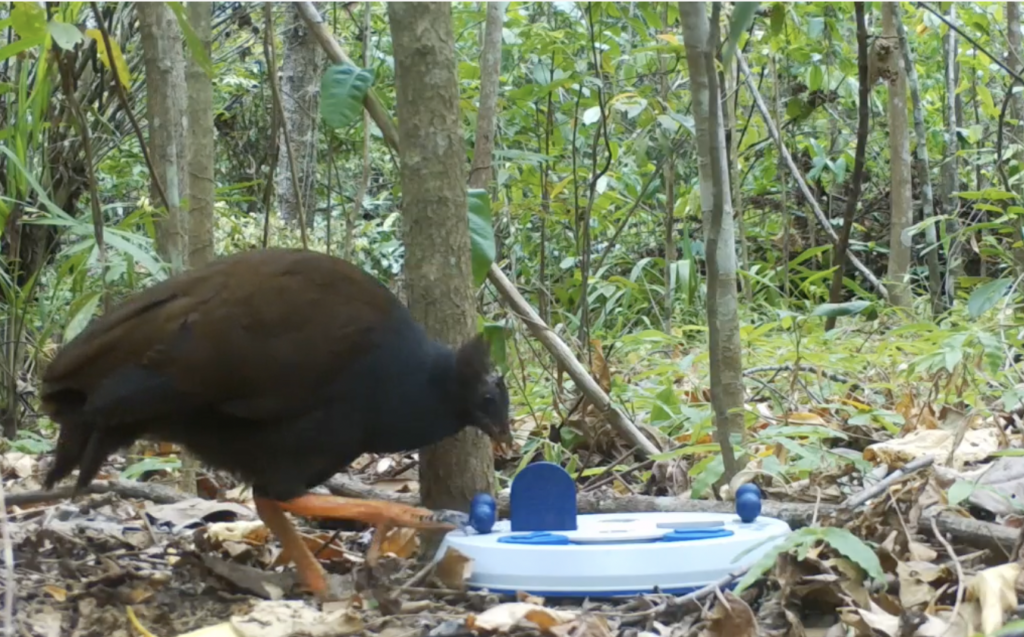Background
Environmental changes present ongoing challenges for species, prompting them to employ problem-solving skills to adapt. Understanding how species navigate novel problems offers crucial insights into their cognitive and behavioural responses. However, there are still limited studies on problem-solving in Australian species, particularly regrading the influence of habitat on problem-solving abilities of species. To address this gap, I investigated the problem-solving behaviour of native Australian species in the Wet Tropics of Queensland region and Dryandra National Park in Western Australia.
Aims
The aims of the study are:
- To assess the problem-solving abilities of native Australian species using puzzles
- To determine whether or not the problem-solving abilities differ between species and habitat types
Hypothesis
No a priori hypothesis was made regarding the types of species that might interact with and solve the puzzles. I do expect that native species in the farmland are better problem solvers than native species in woodlands and rainforest due to the lack of resources (Townsend et al., 2019; Evans & Gawlik, 2020; Derryberry & Coomes, 2020), which would require animals to be more motivated to forage for food and take more risks (Chejanoski et al., 2017).
